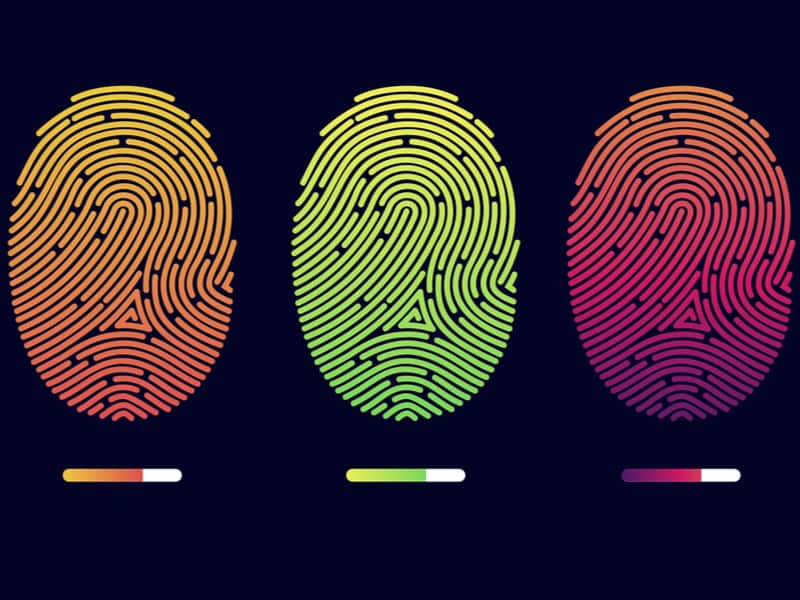Fingerprint Test Can Detect Presence Of Drugs Without Drawing Blood
A fingerprint test developed at the University of Surrey can distinguish whether or not a person has taken or handled heroin.
Using high-resolution mass spectrometry technology – which is able to detect heroin, 6-monoacetylmorphine (6-AM) and other analytes associated with the class A drug – the technology can identify traces of heroin on human skin even if someone has washed their hands.
It is also smart enough to distinguish an individual’s degree of exposure to the drug, from whether they have used it to whether they have merely shaken hands with someone who has handled it.
Researchers took fingerprints from ten people seeking treatment at drug rehabilitation clinics who has taken heroin or cocaine in the last 24 hours. One fingerprint was collected from each finger of the right hand, after which participants were asked to wash their hands thoroughly with soap and water and then wear nitrile gloves for a period of time before giving another set of fingerprints.
This same process was used to collect samples from 50 people who weren’t drug users.
The technology was able to identify traces of heroin and 6-AM on the hands of participants who were not drug users in a range of scenarios – whether they had directly touched it, handled it and then washed their hands, or shaken the hand of someone else who had been in contact with the drug.
This information was cross-referenced with the data from the drug users. Extra chemicals such as morphine, noscapine and acetylcodeine were present in the fingerprints of those who had actually taken heroin, due to the way the drug breaks down inside the body.
Blood tests are traditionally used to prove if someone has taken a drug, but these results indicate that this information could instead be gleaned through a simple, non-invasive fingerprint test.
The researchers believe this technology could be used to monitor prescription drug adherence.
University of Surrey forensic analysis lecturer Dr Melanie Bailey said: “Our team here at the University of Surrey believes that the technology we are developing will make our communities safer and shorten the route for those who need help to beat their addictions. We also believe the technology has scope in other areas, such as confirming whether a patient is taking their medication.”
Visit our Facebook page : https://www.facebook.com/Activ8DiversifiedTech/

